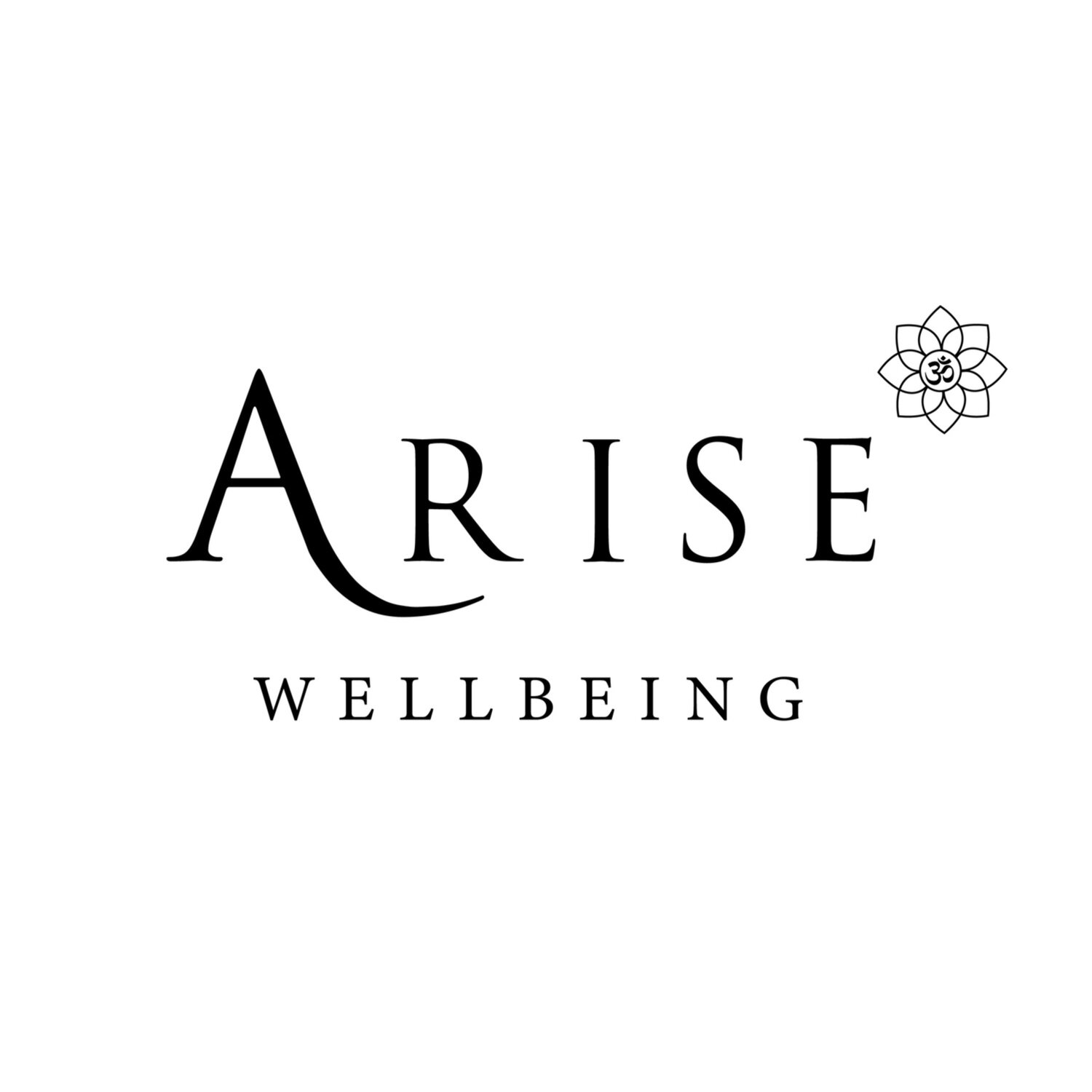Let’s talk about unity. As we move out of lockdown we are perhaps beginning to spend more time with others as well as perhaps spending lots of time with ourselves. We may feel like we are learning how to reunite with others, with the world again, and at the same time still being one with ourselves. Trying to get this balance right can be challenging, and perhaps can create fear. Let's be kind to ourselves, give ourselves time to adjust, and create moments in each day to be still and look inwards.
Let’s also give ourselves time to think about what unity can mean for us...
Union is the balance between two sides, a harmony. It can be two opposing forces lifting each other up. It is a group of beings with one common goal. Union for ourselves can be knowing where we lack and making that conscious effort to move back towards a balance. It is partnership, collaboration, equality.
Nothing grows alone, we must collaborate and unite in order to flourish. For example if you want to grow a business, you want team members... if you want to grow your skills, you must learn from others... if you want to grow your family, you need your loved ones. To grow we must move together.
Here is a story we heard recently...
There are two waves racing towards the shore, one big wave and one small. The bigger wave, catching sight of multiple other waves crashing and breaking at the shore, is frightened and he says to the little wave, “Oh no, this is it, it’s all over for us. I can see the shore and the cliffs and we are doomed.” The little wave, happily floating along not being able to see over to the shore, looks back at him and says, “No, we’re fine. I can’t see what the problem is.” The big wave replies, “Look, I am bigger than you, I can see over the top of you and I can see the foam and the shore – I can see that our journey is over.” The little wave looks back and says, “The end? No it's not. You’re not just a wave, you’re water.”
We too are not just waves. A lot of the time we walk around believing we are separate, self-operating creatures who may interact with other separate beings but are all individual from one another... On some level this is true, when we look at the ocean, we see separate waves, individuals with their own experiences, existences and appearance. And at the same time we see a mass of beautiful water. We must learn to love our individualities, whilst also recognising and knowing that we are all one of the same. We are united.
Sending love & light to you all!
From our hearts to yours,
Alis & Daniella x
Whatever it is, the way you tell your story online can make all the difference.





